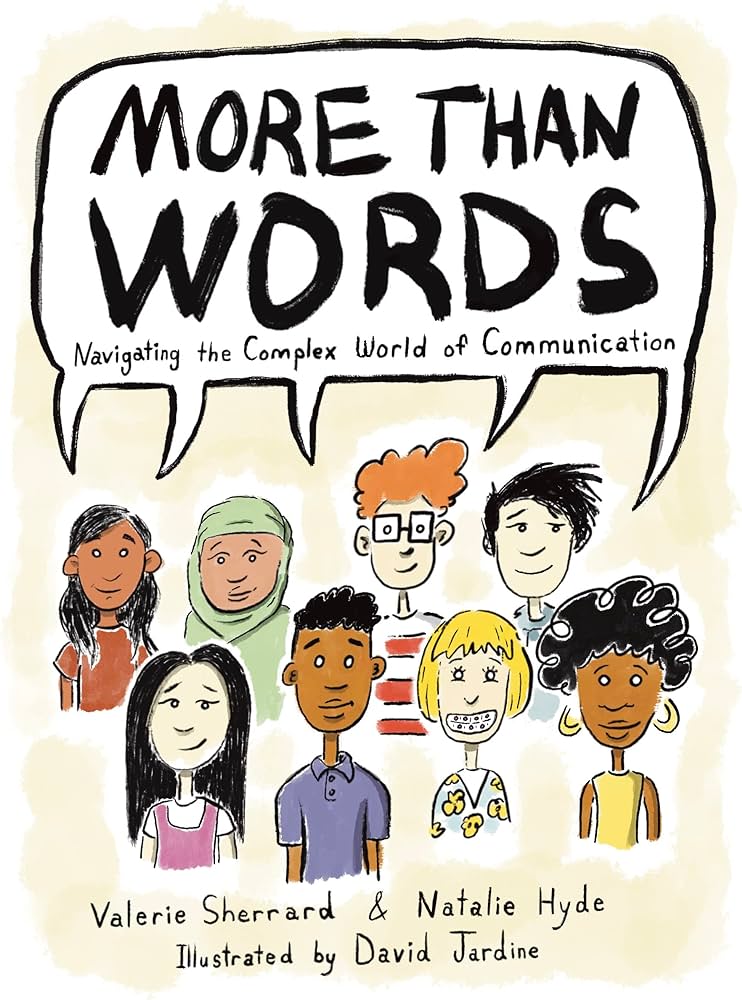More Than Words: Navigating the Complex World of Communication

More Than Words: Navigating the Complex World of Communication
We bet you’re amazed at what you’ve learned about communication so far. Maybe you’re even thinking there can’t possibly be anything else. After all, you’re practically an expert on body language, conversation tips, and paying attention now. You know the ins and outs of talking and listening – what else is there?
Actually, quite a bit. There’s processing what the other person said, considering what you want to say in response, and deciding how you want to say it. A good deal of that happens quickly, and you’d expect in a normal conversation.
Now and then, it actually happens just a little too quickly. We’re talking about those times when your mouth races on ahead of your brain.
You know exactly what we mean by that, don’t you! We’ve all been there – cringing at the memory of something we said. Unfortunately, there’s no backspace or delete key in those instances. You can’t undo words once there’s out there.
What you can do is learn to be more mindful when you’re speaking, especially in certain settings. Things that might be fine to say in a group of friends are not necessarily going to get the super-power stamp of approval in other circumstances.
Let’s take a look at some common, yet avoidable, mistakes many of us make when we’re in a situation where a little decorum is called for.
Humans start communicating from the moment we’re born, and communicating becomes increasingly difficult throughout our lives. Complicated further by rapid-fire texting and comments posted before considering how others might understand the communication, as well as the size of your audience, the intended meaning of a communication can easily be lost. More than Words: Navigating the Complex World of Communication highlights important aspects of communicating verbally, non-verbally through body language, and in written communication. Each form has the potential for clear communication as long as everyone involved understands the meaning, which can be tricky, especially when texting or commenting online. Electronic communication is given special attention, from vague emojis and confusing abbreviations, to the dangers of auto-correct, including a reminder that autocorrect is not the same as spellcheck.
More than Words: Navigating the Complex World of Communication also looks at active listening, adapting to virtual communication, and ‘finishing touches’ which includes good debating skills, conversation starters, and ‘putting a lid on potty mouth’, something that people of all ages might find beneficial.
Chapters are presented in an easy to digest format with lots of bulleted lists and the text broken up with ‘quick tips’, easily identified by ‘bright idea’ lightbulbs beside the text, providing fun facts and extra tips related to the chapter content, and grey text boxes with quotes and additional details to help make communicating as easy and clear as possible.
Further breaking up the text, short comic and comic-style illustrations are peppered throughout, reinforcing the tips in the text by using relatable situations where things go right and humorously wrong. Along with a summary of a chapter’s key points, each chapter ends with lighthearted activities readers can do on their own as well as activities for groups.
Communication techniques and tips can be very dry, but More than Words: Navigating the Complex World of Communication takes the complex topic, breaks it down into digestible chunks, and delivers an informative, fun read. The individual and group exercises reinforce the topics covered, but they could be easily adapted as ice-breakers to kick off a class or meeting. While teens are the intended audience, people of all ages would benefit from and enjoy More than Words: Navigating the Complex World of Communication.
Crystal Sutherland (MLIS, MEd (Literacy)) is a librarian living in Halifax, Nova Scotia.
